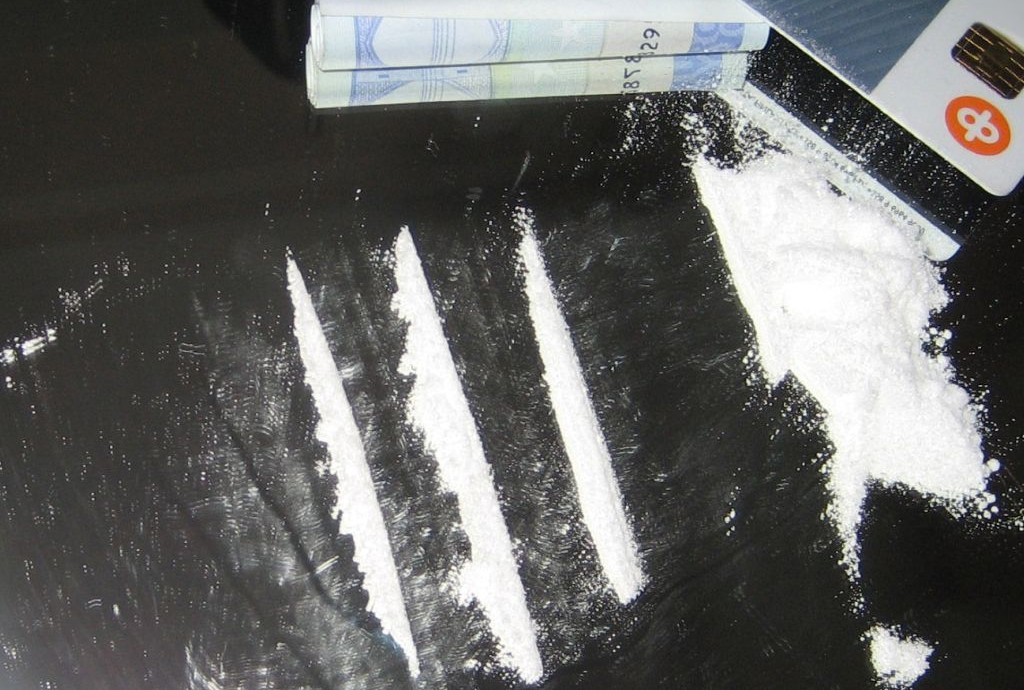In brief:
- The UN and WHO, unelected and unaccountable to NZ voters, encourage New Zealand to make policy choices.
- NZ elected representatives face criticism for challenging the advice of these foreign organisations, which is often filtered through bureaucrats.
- Critics argue the UN has shifted from neutral observer to activist, undermining social cohesion and empowering Māori sovereignty advocates.
- Proponents, however, argue that global standards promote fairness.
Influence and concerns over New Zealand’s sovereignty
The influence of the United Nations (UN) and its specialised agency, the World Health Organization (WHO) in New Zealand’s domestic affairs raises concerns about the country making their own decisions.
A recent example involves Associate Health Minister Casey Costello, who has faced criticism for citing advice supporting Heated Tobacco Products (HTPs) as a tool to reduce smoking.
Regardless of the validity of this advice, it’s important to examine how her stance is portrayed in the media. Articles like RNZ’s “Casey Costello releases ‘independent’ advice on heated tobacco” suggest she is defying Treasury advice, which cites WHO recommendations.
Elected politicians like Costello are mandated to act in the best interests of their electorate, as they so determine it to be. While they may listen, they are not obligated to follow advice from foreign unelected bodies, regardless of whether it is supported by NZ bureaucrats.
Māori rights disputes and UNDRIP’s impact
The UN’s involvement extends beyond health to Māori rights. Recent actions suggest the organisation is shifting from a neutral observer to an active participant in New Zealand’s political landscape.
In the recent cases of Māori land disputes in Nelson and Waikato, the UN’s intervention through a “please-explain” letter suggests the organisation is not just observing, but seeking to influence New Zealand’s legal processes.
The letter specifically addresses alleged human rights breaches related to Māori rights to land, territories, and resources in the region, which align with the UN Declaration on the Rights of Indigenous Peoples (UNDRIP). This contains principles regarding indigenous peoples’ rights to land and resources.
While the coalition government is generally supportive of the UN in principle, NZ First campaigned specifically on withdrawing from UNDRIP after previous, different governments, firstly rejected and later adopted it, over the years.
Recently, bureaucrats have cited UNDRIP to discourage ACT leader David Seymour from advancing his Treaty Principles Bill. Yet, the UN approach to indigenous rights is a bit of a “one size fits all”, mostly approved by countries that do not have the same issues. It does not reflect the important differences of NZ’s history compared to many other countries developed by foreign settlers. The UN is also renowned for being a refuge for left leaning politicians.
Historian Dr John Robinson contends that UNDRIP has undermined social cohesion in New Zealand. Robinson argues that by framing New Zealand as a ‘bi-racial’ society, UN special rapporteurs have oversimplified the country’s multicultural reality, empowering activist groups pushing for Māori sovereignty while sidelining the broader population.
He further notes that during their multiple visits to New Zealand, the rapporteurs exclusively met with pro-Māori activist groups, disregarding principles of equality and national unity.
The Ardern-era He Puapua report, which builds upon UNDRIP, as the framework for co-governance, has increased social tensions, raising questions about whether UNDRIP aligns with New Zealand’s needs.
Counter arguments: The role of global standards
On the other hand, proponents of UN and WHO involvement argue that global standards promote “fairness and equity”. Somehow, they use left leaning reasoning to rationalise the magic “fairness and equity” words, with a 2-tier society.
For Māori rights, they believe international attention has empowered historically marginalised groups and that UNDRIP helps address past injustices while supporting Māori autonomy.
Advocates caution against ignoring international expertise, asserting that New Zealand’s policies benefit from global insights.
Accountability is the key
The issue isn’t just about the soundness of WHO or UN advice. Politicians can take advice from whomever they want, including International organisations. However, the decision is still that of the local politicians, who have to be accountable for it.



















